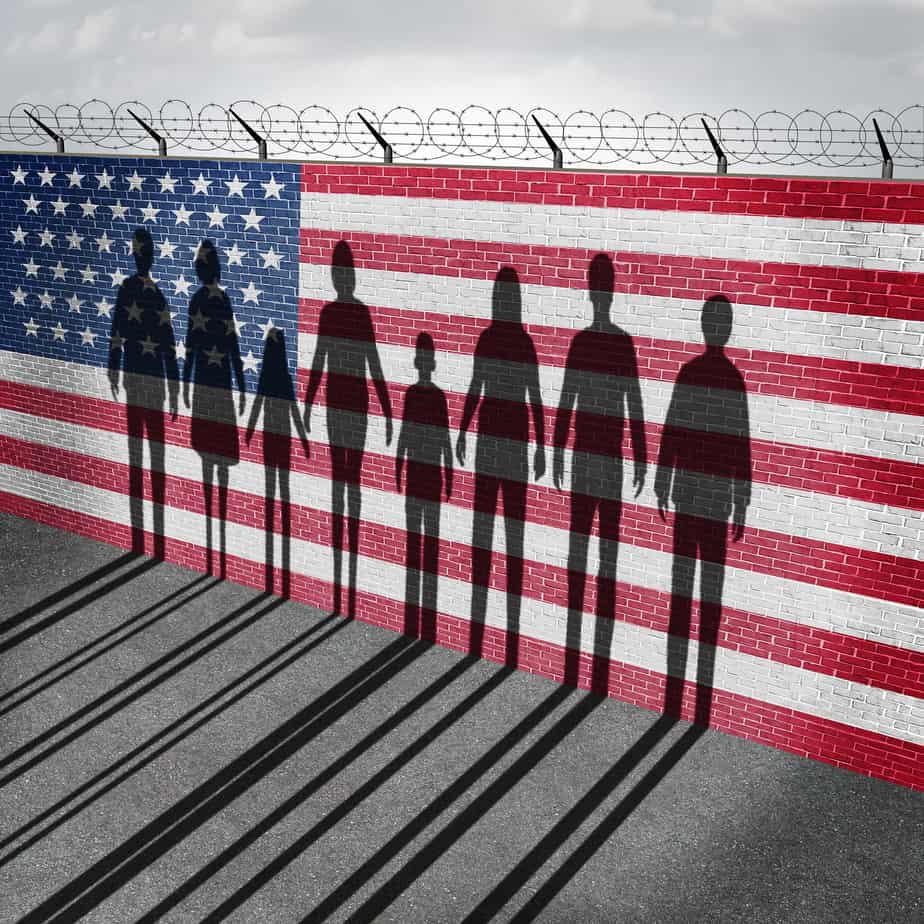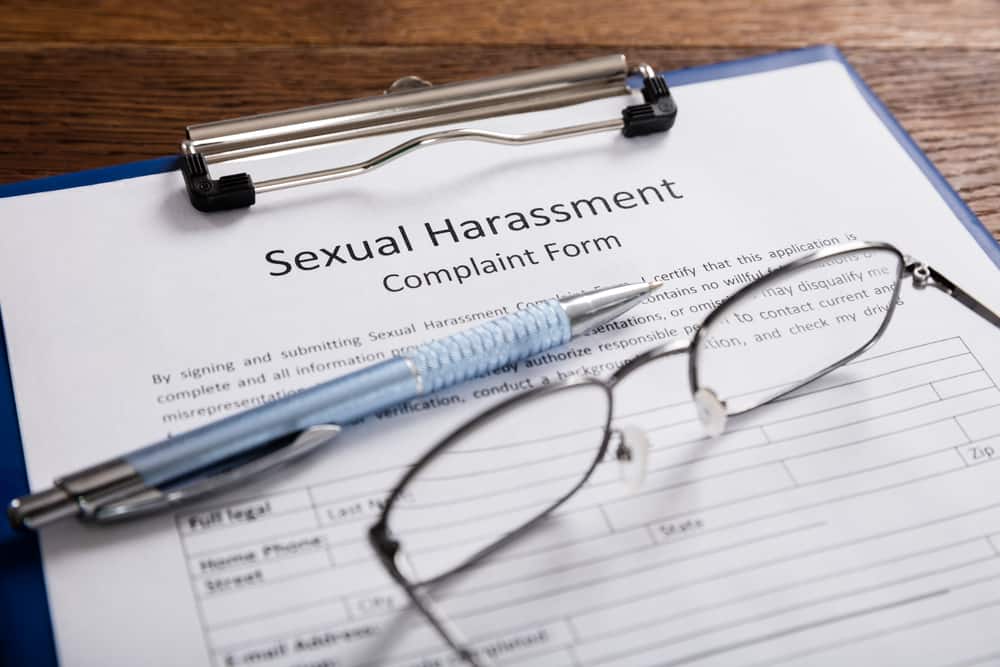Civil rights violations have recently gained unprecedented attention in recent months. The murder of George Floyd sent the world into shock, sparked protests around the globe, and caused a massive amount of anger about the police force in America. It was a terrible tragedy, and now George Floyd’s family have filed a civil rights lawsuit against the four officers who have been charged with his death and the city of Minneapolis.
With this incredibly important case hitting the headlines, it may have got you thinking. Do you believe that you have been the victim of a civil rights violation? Below, we take a look at what classes as a civil rights violation and where you can go to get help.
What qualifies as a civil rights violation?
A criminal civil rights violation refers to an offense that occurs as a result of the use of force or the threat of force by the offender against a victim. For example, if you believe you have been mistreated as a result of your race, sexuality, gender, religion or disability, this would count as a civil rights violation. You may have also had your civil rights violated if your property has been unlawfully searched or anything of yours has been unlawfully seized. It is also a civil rights violation if you have lost a job or have been passed over for a promotion due to discrimination.
If you believe that you have been the victim of a civil rights violation, here is what you can do.
File a civil rights claim
If you have been the victim of a civil rights violation, your next step should be to file a civil rights claim. If you want to file a complaint, it may be worth getting professional advice. A lawyer will be able to help you write this claim and make sure it meets all the requirements and will be taken seriously. Here are some of the requirements a civil rights claim needs:
- It must be filed in writing by mail, fax or email.
- Name the healthcare or social service provider involved, and describe the act that has taken place that you believe has violated your civil rights.
- It must be filed within 180 days of the act taking place, with a few exceptions.
- All of this information may be dependent on which agency you are filing a complaint through, so make sure you check out the civil rights enforcement website to make sure you file the complaint in the correct place.
You should make sure that you give all of your details to the right agency. You should also do your best to give every possible detail you can about your civil rights violation, as this will help those looking over your case get a full understanding of what has happened.
What happens next?
Depending on where your claim is being sent to, it may be some time before anyone is available to look and go over your case. There may be a backlog of cases in one agency, meaning that it could take a while for your case to be looked over. Once the agency gets to your claim, they will usually gather information and research, investigating the company, individual, or institution that is said to have discriminated against you.
If the agency does find that your claim is valid, hearings will take place, and a judge will decide what the punishment will be for the perpetrator of this civil rights violation.



